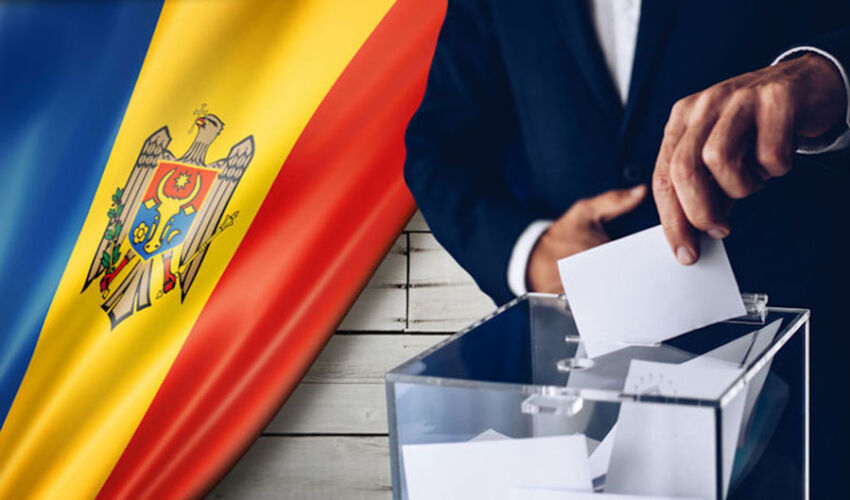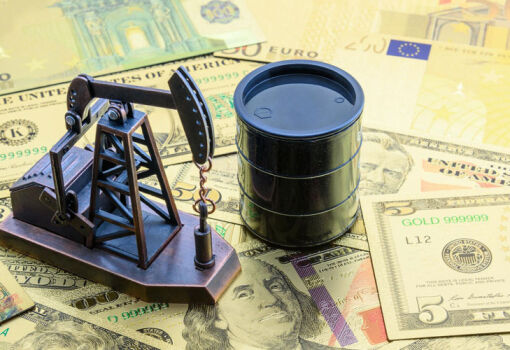
This stage of pre-election work will last until August 13. According to the Regulation on the peculiarities of creation and registration of electoral blocs, they can be formed by two or more political parties registered with the State Services Agency, provided that they are not subject to the restrictions provided by the law on political parties.
It would seem that this is not the most important announcement of the CEC, and not the soon (relatively) date of voting, and the upcoming vacation season (it is just beginning) do not dispose to serious pre-election battles yet. But something suggests that already at this stage the degree of political heat will begin to rise.
So far, the pre-election layout looks rather primitive: PAS against the others. Both the numerous left-wing forces and the not so diverse right-wing forces designate as their main goal to push the Action and Solidarity party out of power. The former are most often categorized as pro-Russian-oriented forces, the latter as pro-European. Although many participants in the political landscape do not agree with these assessments, and consider themselves “pro-Moldavian”.
But this is not the point, by and large. In the ranks of Moldovan politicians there is a clear understanding that they cannot defeat PAS alone. And the “party of power” can easily destroy them alone, but also push them away not only from the parliament, but even from the elections.
That’s why the opponents of the ruling party are trying to huddle together. Four right-wing “pro-European” parties created the “Impreuna” (“Together”) bloc back in April last year. It was formed by the Dignity and Truth Platform, the Party of Change and the League of Cities and Municipalities. Initially, the Coalition for Unity and Welfare was also on the list, but then it left the bloc and the Green Ecological Party took its place.
In January 2025, another electoral bloc “Alternative” appeared, consisting of the National Alternative Movement (MAN) of Ion Ceban, the Party of Development and Consolidation of Moldova of Ion Cicu and the Party of Collective Action – Civic Congress. Alexandru Stoianoglo, who became Maia Sandu’s main opponent in the presidential elections held at the end of last year, also joined them as one of the leaders of the bloc.
The rest of the political formations of the left, right and centrist persuasion are still only talking about the need to unite. This already suggests the possibility of new blocs.
But there is no time for thinking. The registration has begun. It will be hot, you can be sure.



